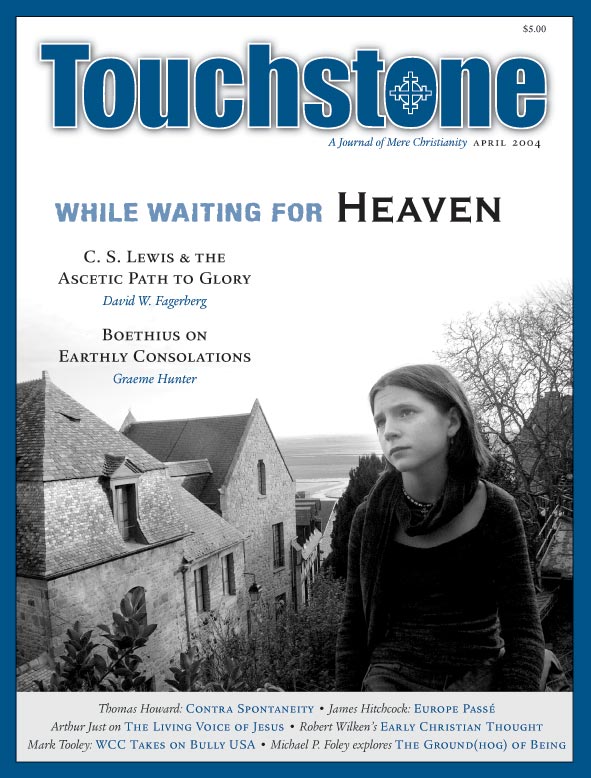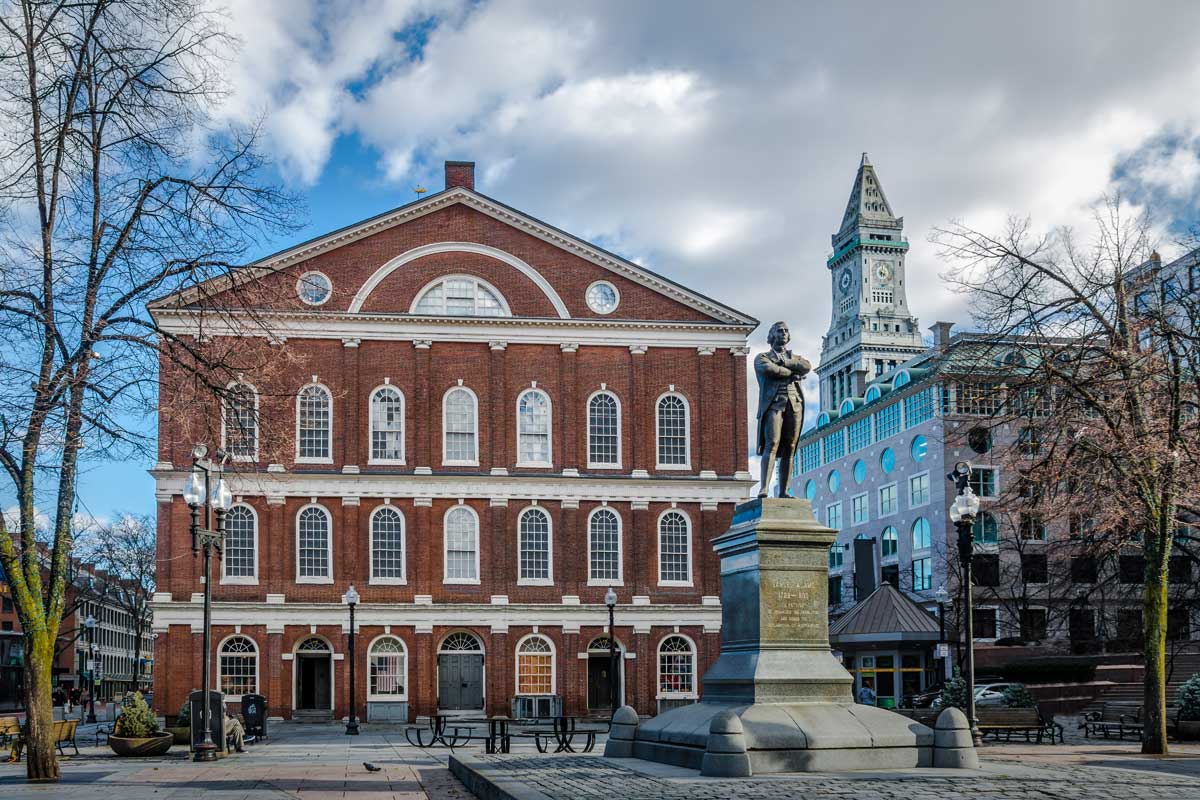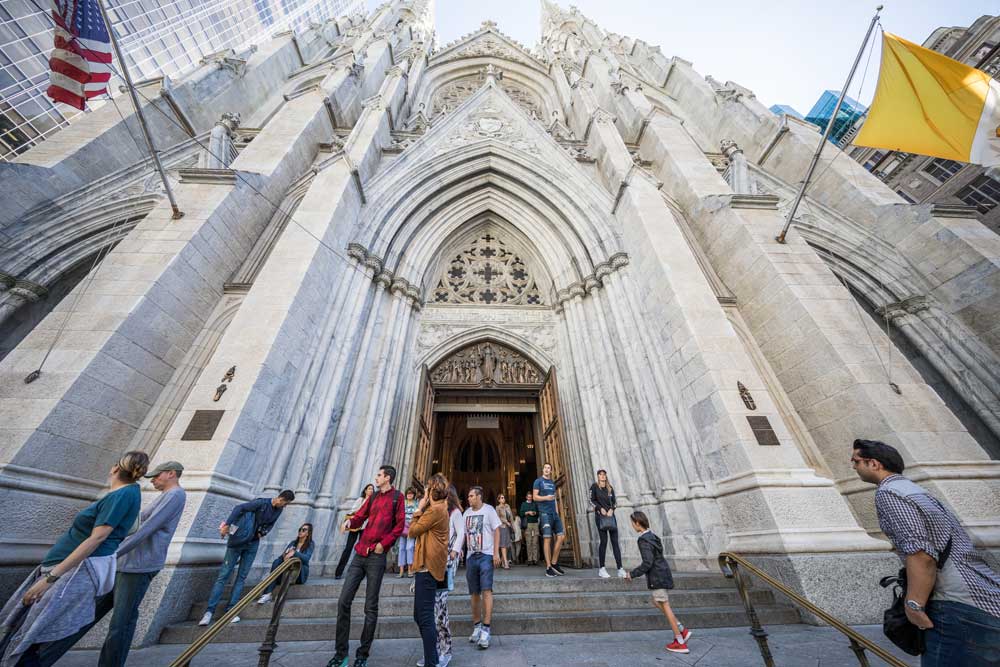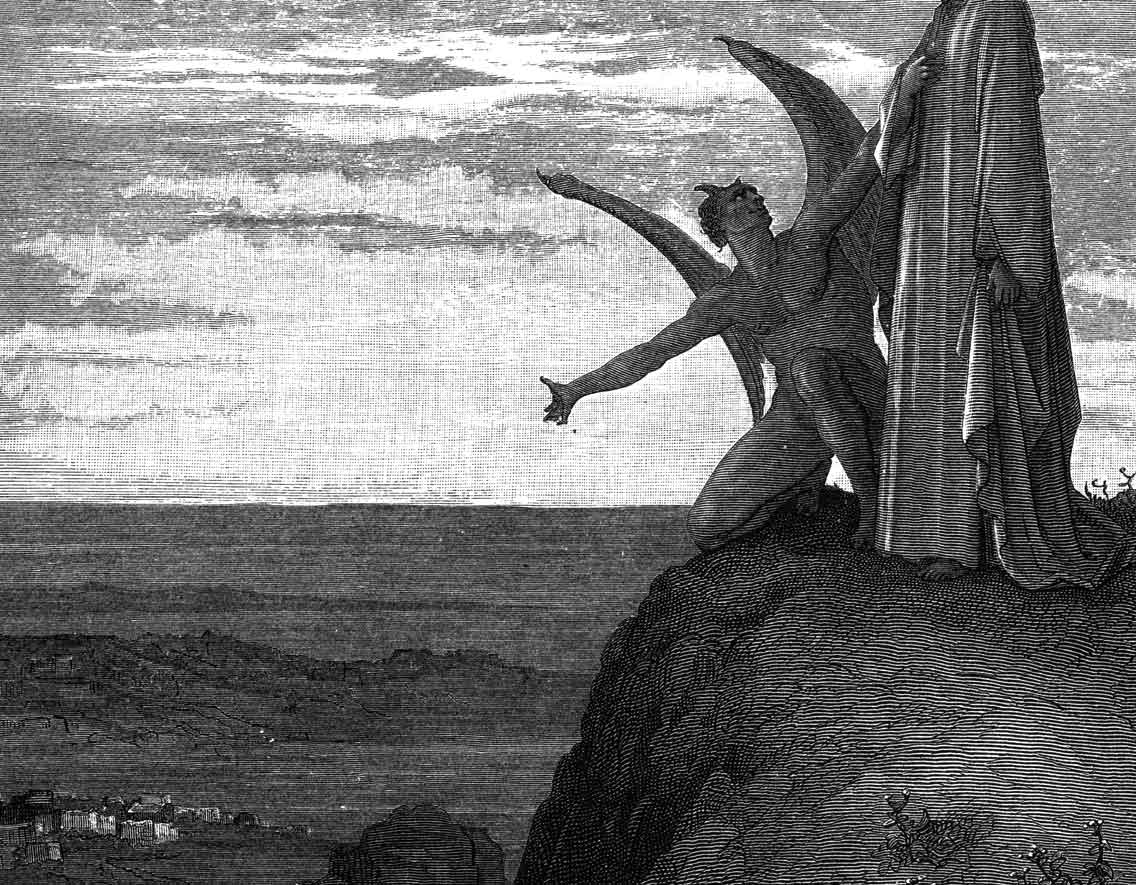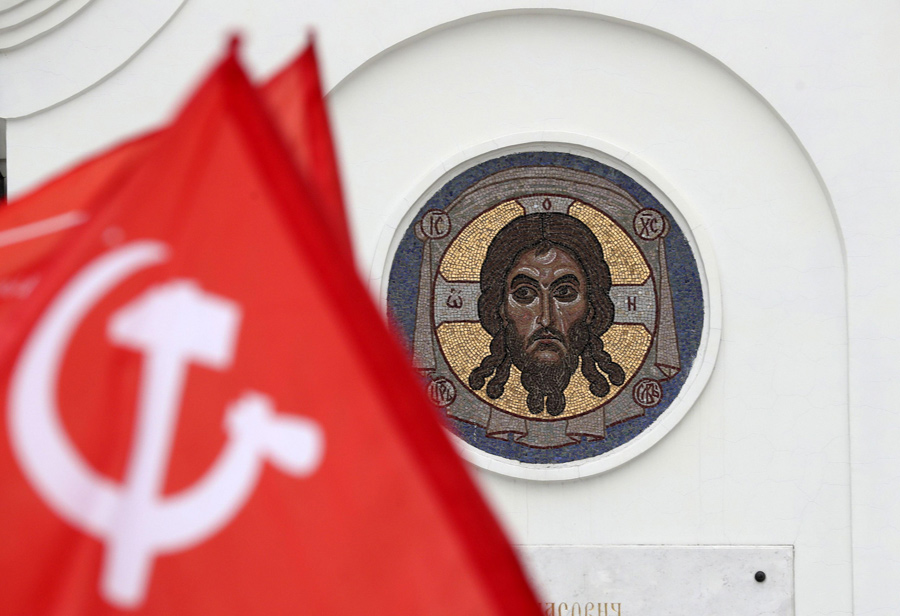Europe Passé
When the World Sets the Agenda for the Church
Among the famous dicta of Hilaire Belloc is his pronouncement, “Europe is the faith, and the faith is Europe.” Even as a historical claim this was always an exaggeration, but now Western Europe is rapidly becoming in some ways the least Christian part of the globe. The seedbed of Christianity was of course Western Asia, and it was through the mystery of divine providence (knowable by human beings only as a series of apparently contingent historical events) that Europe became the soil where that faith grew, although it never entirely disappeared from Asia and Africa.
Now, however, the European Union is unwilling to acknowledge the importance of Christianity even as a historical reality. Although there have been protests against this, especially by the Vatican, there is little evidence that this willed amnesia troubles very many Europeans. Whatever pride they take in their cultural achievements, preserved and celebrated as they are in so many great buildings and museums, Europeans now acquiesce in the radical severing of those achievements from the spiritual roots that made them possible. It is difficult not to conclude that many Western Europeans now find their Christian past loathsome.
A European Agenda
Western Europe is rapidly ceasing to be Christian (or indeed, even European) in the most literal way. It has the lowest birth rate of any part of the world, a fact that makes large-scale migration an economic necessity, and within a few generations some Western European countries will have a predominantly Muslim population with no European ancestry.
Except for the Orthodox, practically all American Christians trace their spiritual roots to Western Europe, something that goes far beyond the fact that Christianity was first brought to these shores from across the Atlantic. For almost 400 years American Christians have lived in the intellectual and spiritual shadow of European religion. Although there have been attempts at a completely indigenous American theology, for the most part the intellectual life of American Christians has been heavily dependent on Western European minds. Europe has set the agenda for much of Western Christianity.
But for a long time European Christianity has been top heavy, in the sense that on the one hand it has continued to produce brilliant religious thinkers, while on the other its popular base has steadily shrunk, in some places almost to the vanishing point. The ultimate explanation for this is the long-term effects of the Enlightenment, which was perhaps the first major movement anywhere in the world which set itself against the prevailing religion of its culture and which, in its extreme forms, sought to undermine the very possibility of supernatural religion. Western Christians over the past 350 years have dealt with the influence of the Enlightenment in a great variety of ways, but none have been unaffected by it.
Here, perhaps, lies the paradox of Western European religion: Its intellectual creativity stemmed directly from its determination to come to terms with the Enlightenment, a move that over time undermined the very credibility of the faith. Gradually, beginning in the eighteenth century, much of the leadership of Western European Christianity accepted the idea that the faith was obligated to prove itself to its “cultured despisers,” a chimerical effort that failed to persuade those despisers but conveyed to believers themselves the message that their faith was ultimately not credible.
A slogan of the 1960s—“The world sets the agenda for the church”—sums it up. Whatever Christians may think about Marxism, Freudianism, feminism, sexual morality, or numerous other contested questions, it is obvious that Christianity’s self-conscious avant-garde does not make new “breakthroughs” by plunging yet more deeply into their own tradition but merely cobbles together theological rationalizations for the current preoccupations of the secular culture.
Many among the leadership of Western Christianity can conceive of no task for themselves except that of running to keep up with the secular culture, and for the most part they do not believe they have a right to judge that culture, except insofar as such judgments can themselves be fit into secular molds (quasi-Marxist critiques of capitalism packaged in terms of the exodus from Egypt, for example). For a long time this agenda was justified by the claim that it would establish Christianity’s relevance and win over the skeptics.
Western Contradictions
James Hitchcock is Professor emeritus of History at St. Louis University in St. Louis. He and his late wife Helen have four daughters. His most recent book is the two-volume work, The Supreme Court and Religion in American Life (Princeton University Press, 2004). He is a senior editor of Touchstone.
subscription options
Order
Print/Online Subscription

Get six issues (one year) of Touchstone PLUS full online access including pdf downloads for only $39.95. That's only $3.34 per month!
Order
Online Only
Subscription

Get a one-year full-access subscription to the Touchstone online archives for only $19.95. That's only $1.66 per month!
bulk subscriptions
Order Touchstone subscriptions in bulk and save $10 per sub! Each subscription includes 6 issues of Touchstone plus full online access to touchstonemag.com—including archives, videos, and pdf downloads of recent issues for only $29.95 each! Great for churches or study groups.
Transactions will be processed on a secure server.
more on liberalism from the online archives
more from the online archives
calling all readers
Please Donate
"There are magazines worth reading but few worth saving . . . Touchstone is just such a magazine."
—Alice von Hildebrand
"Here we do not concede one square millimeter of territory to falsehood, folly, contemporary sentimentality, or fashion. We speak the truth, and let God be our judge. . . . Touchstone is the one committedly Christian conservative journal."
—Anthony Esolen, Touchstone senior editor






